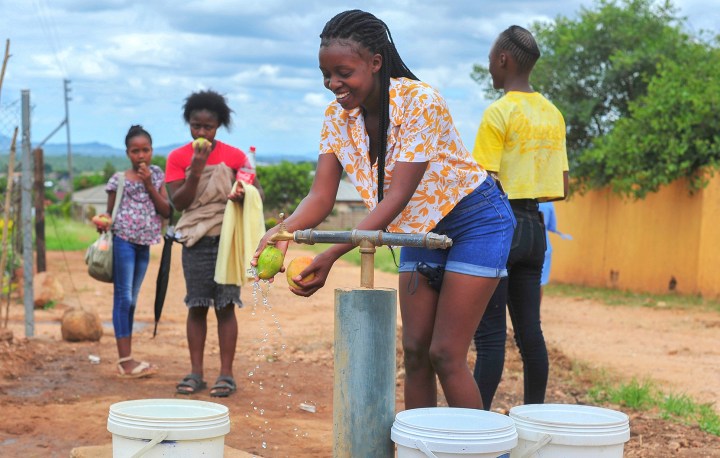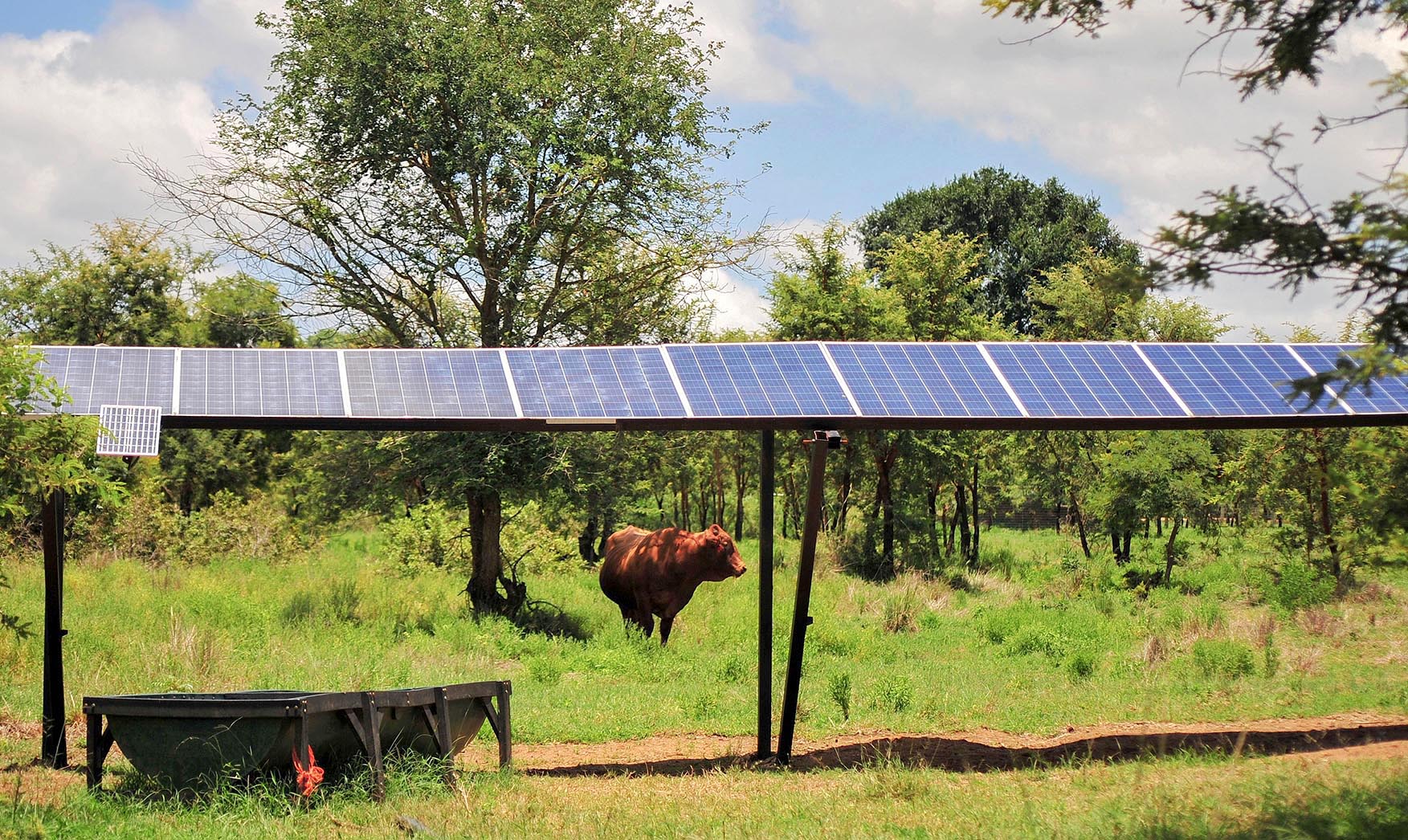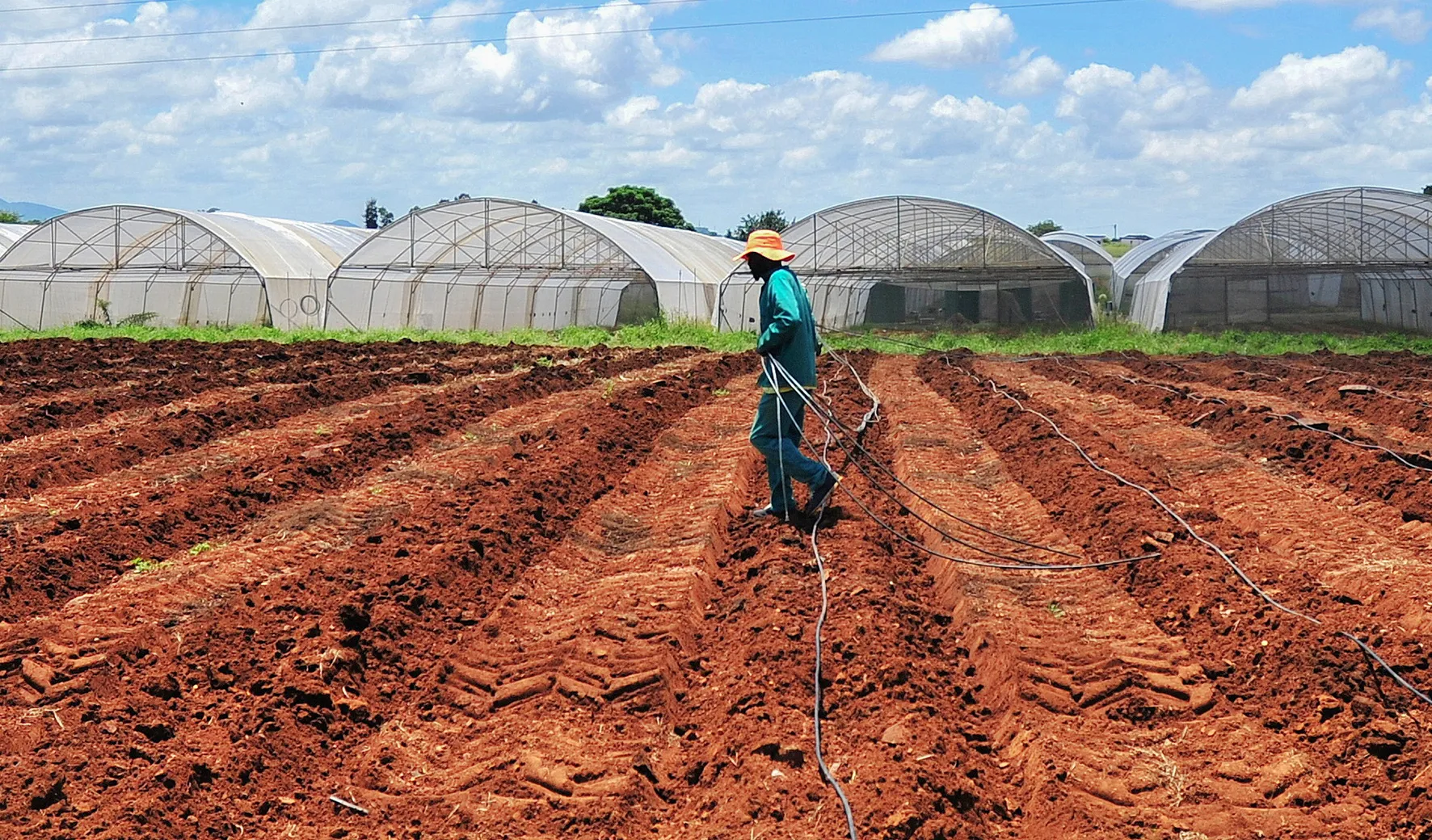PRESIDENTIAL CLIMATE COMMISSION
Study finds four ways SA can embrace the ‘social ownership of renewable energy’

In a Presidential Climate Commission (PCC) webinar on Tuesday, the findings of a study into the social ownership of renewable energy were shared with the public. These are some of the findings.
In the wake of South Africa’s renewable energy goals and its drive towards a more equitable energy landscape, the concept of social ownership in the renewable energy sector has gained traction. With the country’s transition to a just and sustainable energy future, the emphasis on social ownership could pave the way for a more inclusive and empowering approach to energy generation.
Attendees of a Presidential Climate Commission (PCC) webinar on Tuesday discussed the approach.
The commission explained that it conducted a study on social ownership of renewable energy, exploring models of social ownership of renewable energy that conform to the “just transition” imperative and that the webinar sought to “look at global examples and share the constraints and opportunities of [social ownership of renewable energy] in the South African context of the national and local regulatory frameworks needed to realise the opportunity”.
It did that, first by defining social ownership of renewable energy as “a wide diversity of ownership models, including state ownership at different levels (for example, municipalities), employee ownership, cooperative ownership, citizen ownership of equity in private companies or vehicles, individual ownership, and collective ownership (and management),” according to Mareka Mokwatlo from the Department of Development Studies at Nelson Mandela University.
Lindiwe Johnson, project manager on the commission’s secretariat, added, “In this study, the term is limited and defined for relevance to the South African context and the objective of exploring models of social ownership of renewable energy that will conform to the ‘just transition’ imperative. Social ownership will refer in this report to ‘pro-poor and pro-people’ programmes which are based on human needs.
“Therefore, social ownership of renewable energy is a response to the question about the appropriate organisation of society in a just transition and the relations between classes in South Africa. This definition of social ownership includes but is not limited to cooperative ownership; and there is some blurring of lines, for example, with worker share ownership of a company, community shareholding in a facility, or municipal agreements regarding purchase or distribution of electricity.
“Municipal partnerships with household and neighbourhood cooperatives in production and/or distribution of energy are included. Some public-private partnerships may be characterised as ‘social’, depending on the ownership model. Share ownership can be defined as social ownership when a substantial or majority share is owned by a collective or cooperative, for example, a trade union or the residents of a village or neighbourhood. Certain utility-scale energy production facilities are included if they involve substantial social ownership as per this definition; however, individual ownership of shares is not defined as social ownership,” Johnson said.
Read more in Daily Maverick: Social ownership of renewable energy — searching for the deck chairs long after the Titanic has sunk
South Africa is grappling with entrenched socioeconomic disparities, where access to energy resources is unequal. Many communities, particularly in rural areas, face energy poverty, lacking reliable access to electricity.
Social ownership of renewable energy aligns with the country’s imperative to address these disparities. Involving communities in renewable energy projects offers an opportunity to uplift marginalised areas, creating jobs, fostering skills development and providing electricity access where it is needed most.

There are seven solar plants on the Matsila, Limpopo, community farm, each of which produce 520 volts. Besides powering the farm project, they also energise 10 boreholes. (Photo: Lucas Ledwaba / Mukurukuru Media)
Four models
It was this reality and these assertions that the study sought to address and test. Among the study’s key findings is that there are four models for social ownership of renewable energy that have the greatest potential:
- A mini grid that is owned/co-owned/managed by residents: This can be used in rural or informal settlements with no grid, giving free basic access to electricity for residents.
- Township/tenant co-op: In this model, photovoltaic solar generation is cooperatively owned and can be a mixture of rooftop (household small-scale embedded generation) and/or an array on public land. This can be tied to the grid and other urban infrastructure. It can integrate households or be owned by households.
- Community land independent power producers (IPPs): This model involves large-scale generation by private capital on community-owned land, selling electricity to Eskom as part of the Renewable Energy Independent Power Producer Programme or for selling to private off-takers. This would necessitate a model of share ownership and/or rental income.
- Worker-owned IPP: This model sees workers derive a share or direct ownership of embedded generation on a factory/mine/repurposed power station or institutional rooftops.
So, what is the way forward?
“The issue of [renewable energy] value chains and localisation was raised strongly by trade union reps with whom we talked. Our study was not asked to look at localisation. I understand that there is another research project of the PCC that is looking at that. We have indicated localisation as a key issue for the success of these models,” Johnson said.
“In our recommendations around processes needed going forward, we suggest that skills development needs to accompany the implementation through mentoring and training around leading cooperatives and around the technical skills for installing and maintaining [renewable energy] facilities.”

Workers at the Matsila community farm in Limpopo no longer have to worry about power outages following the farm’s move to solar energy. (Photo: Lucas Ledwaba / Mukurukuru Media)
Inclusive transition
Daily Maverick has reported that the South African Renewable Energy Masterplan (Sarem) is not, in fact, an energy plan but nevertheless envisages specific outcomes.
In a nutshell, Sarem aims to harness the burgeoning demand for renewable energy technologies in a way that not only brings about industrial progress but also fosters an inclusive era of development, interwoven with the transformative potential inherent in renewable energy and battery storage value chains.
In the webinar on Tuesday, it was noted that integrating social ownership within this framework could significantly benefit communities. With their involvement in ownership and management, communities could also participate in the manufacturing process, fostering local skills and creating employment opportunities within the renewable energy sector.
Read more in Daily Maverick: Powering progress — what South Africa’s masterplan to develop a renewable energy industry aims to achieve
Asked about the obstacles and challenges facing socially owned renewable energy, Mokwatlo said: “We must all agree that the identified models have not been extensively tested as yet. [The] proposed next phase should ideally focus on adequately funded proof of concept to fine-tune funding/technical models and for government to develop appropriate regulator mechanisms to enable successful implementation of socially owned renewable energy.” DM




















 Become an Insider
Become an Insider
Comments - Please login in order to comment.